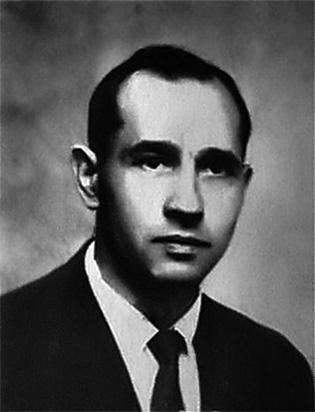Bolesław Zawalicz-Mowiński

At the same time, he remained Chairman of the SPK department. He carried out many assignments with the cooperation of the team at the SPK. At another meeting of the Main Council of the ZPU in 1952, he was again elected Chairman of the organisation by the delegates. He managed to create a government-friendly organisation which was well disposed towards the policies of the Polish government in London, wrote Tadeusz Kobylański. His actions at district level were an expression of his drive and the development of ZPU’s activities. Zawalicz-Mowiński reviewed the district structures and activity centres of the ZPU and initiated the so-called Höxter meetings, which were formal meetings of the members of the Executive Board. He was in no way a “pen pusher” who considered the office of board chairman a burden. In fact he was quite the opposite; Zawalicz-Mowiński was energetic, dynamic and full of vigour. For him, the continued organisational development of the ZPU was a means to extend welfare to all Polish refugees.
In 1952, Zawalicz-Mowiński was married for the second time, this time to Ingeborg Swartz. The wedding was held in Brighton and a week later their son Stefan was born in Dillingen (Alsace-Lorraine). Starting a family implied far-reaching plans. From 1953, his commitment to the ZPU declined steadily until it eventually stopped completely. During another general meeting of the SPK in Germany, Zawalicz-Mowiński was elected a delegate to the 4th World Congress of the SPK in Great Britain and was elected Chairman of the organisation’s Executive Board for the seventh time. Independently of the positions that he held, from 1951 to 1954 he supervised the work of First Lieutenant Wincenty Broniwój-Orliński (1913–2016), who had created an intelligence network in Poland under the leadership of the Americans and later of the French. When this work was discovered and those involved arrested, Orliński revealed to the security agencies of the People’s Republic of Poland just what role Zawalicz-Mowiński had played in the network. Moreover, his statements show that at this time Zawalicz-Mowiński was part of the “nucleus of the main staff” for the occupied zones in the west of Germany, which had emerged from Department II/VI of the General Staff. It can, therefore, be shown that at that time he was involved as a board official in the SPK and ZPU and simultaneously was working on intelligence activities in exile.
From the beginning of 1954, Zawalicz-Mowiński was no longer in the Federal Republic of Germany. Although he was still formally considered the chairman of two organisations, these roles were performed de facto by his deputies. Over time, questions were raised as to why it came to such a turn in his life. In the second half of 1954, he sent one of his last letters to the members of Main Council of the ZPU in which he reviewed his activities during the post-war years with the SPK and ZPU; he did not, however, explain why he had left West Germany. It is highly likely that his exposure by the security forces of Communist Poland had a significant influence on his sudden decision to leave West Germany.










